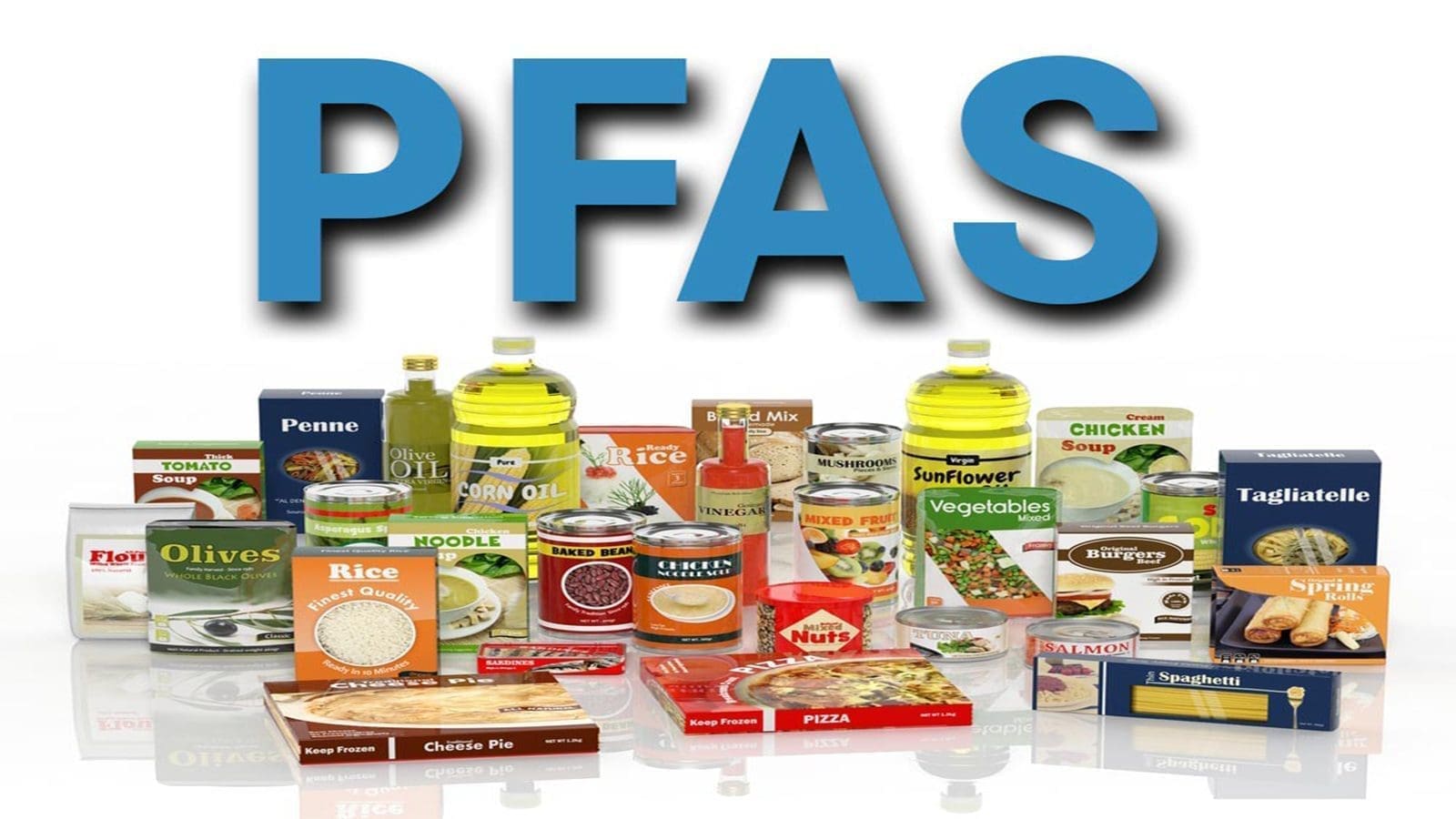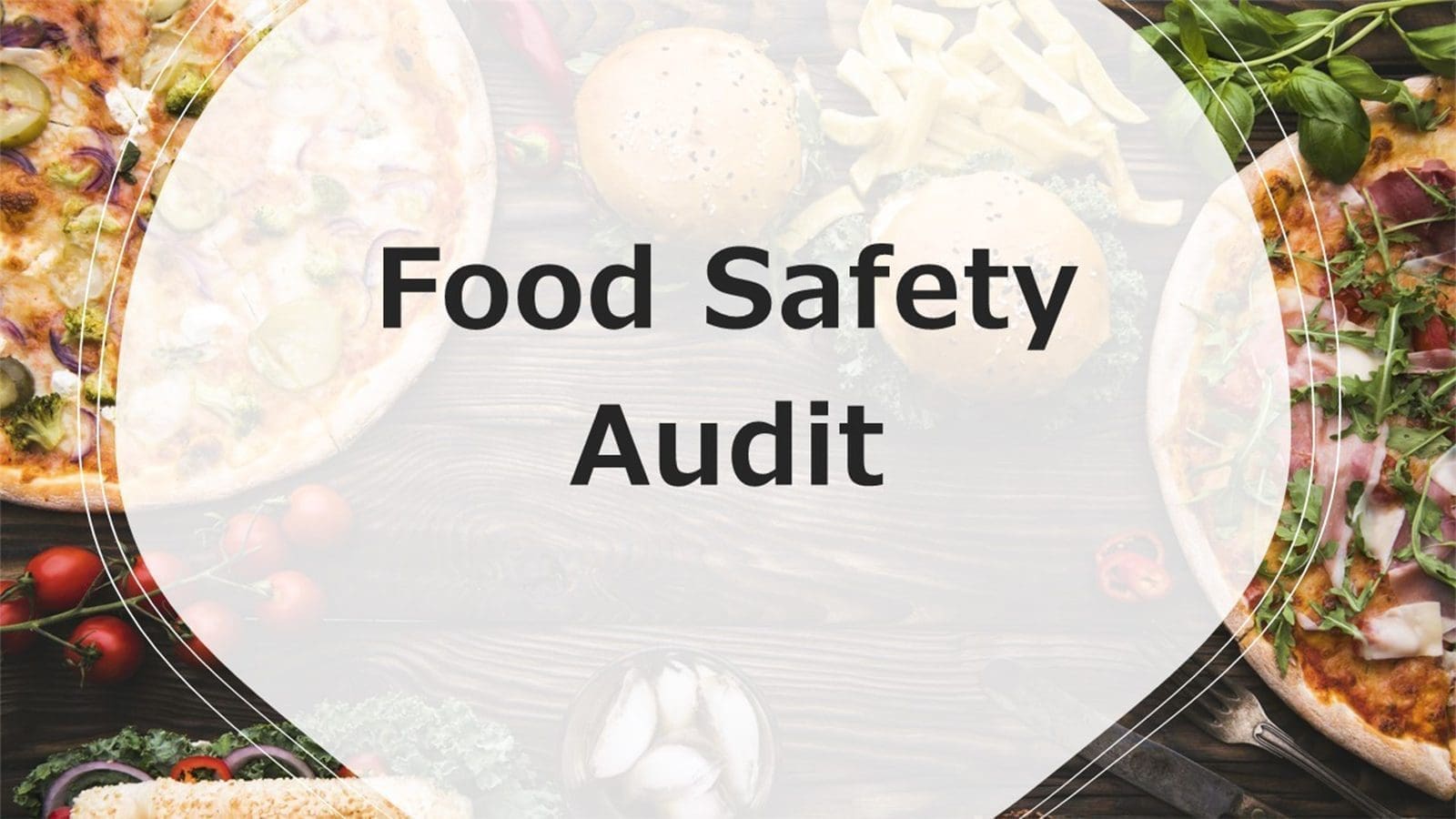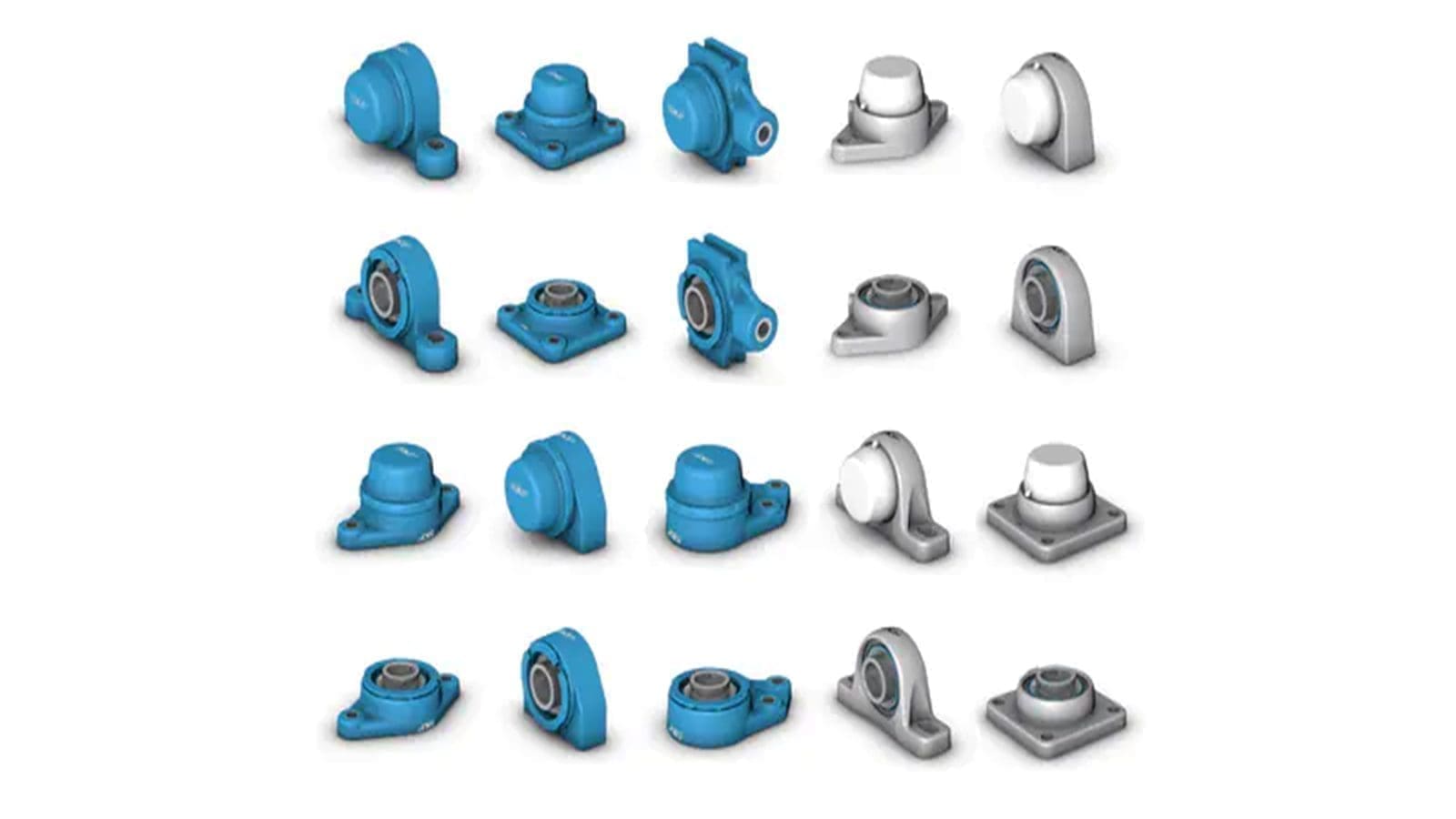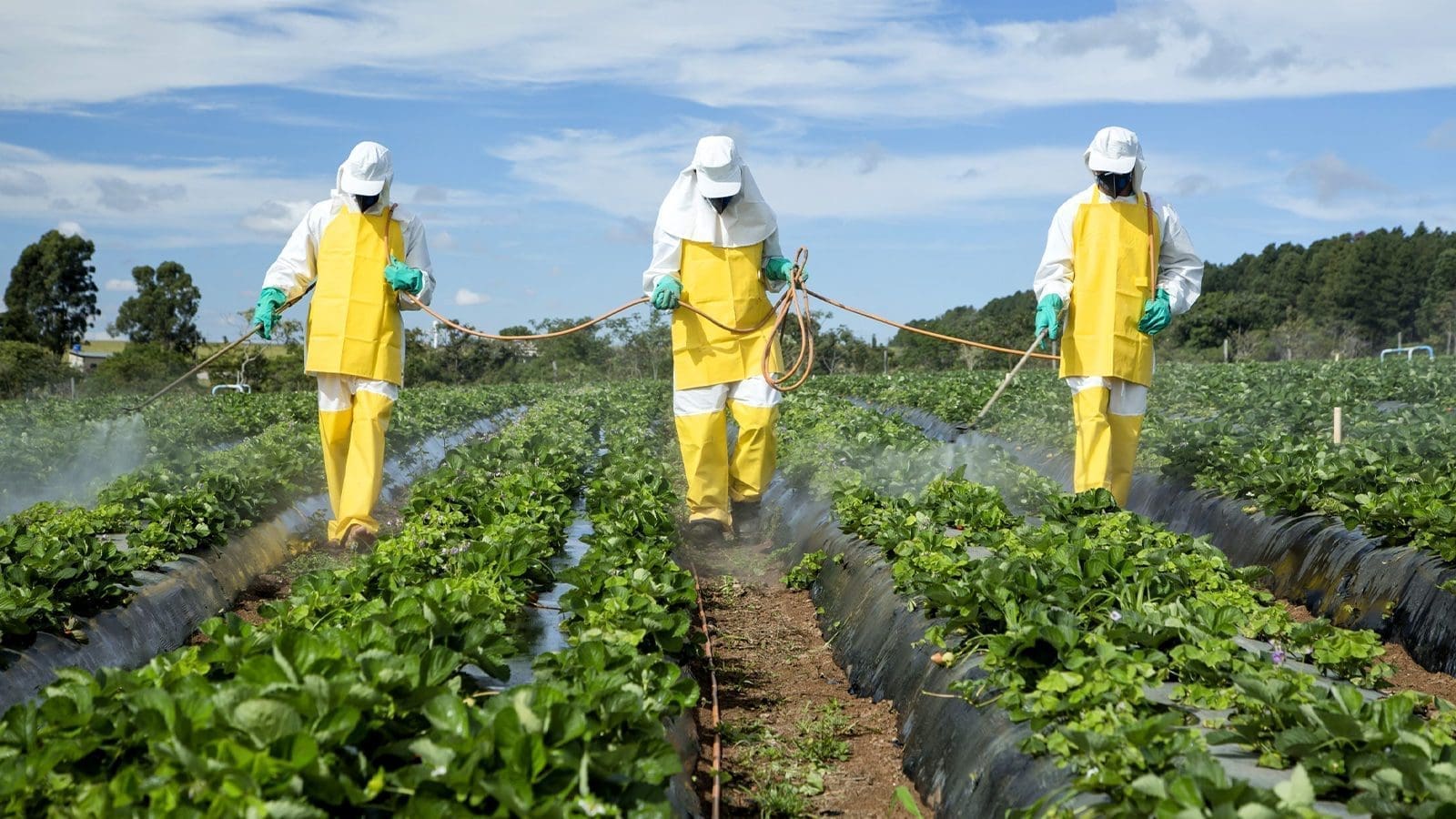U.S – According to a study published in Environmental Science and Technology Letters, replacement per- and polyfluoroalkyl substances (PFAs) touted as “safe” for use in food packaging may degrade into harmful PFAS that leak into foods and the environment.
Many businesses have switched to using larger polymeric PFAs molecules to make wrappers, bowls, and other fast-food packaging water- and grease-repellent due to the known exposure risks associated with using smaller PFAs molecules, such as perfluorooctanoic acid (PFOA) and perfluorooctanesulfonic acid (PFOS), in food-contact materials.
These polymeric PFAs are marketed as “safer” substitutes since they are inert and unable to leak from items due to their weight.
The current study, however, offers the first proof that polymeric PFAs used in food packaging degrade into smaller compounds that can seep into food and the environment and are still dangerous.
“It is clear that polymers aren’t the harmless loophole the PFAs industry was counting on them to be. Their use in food packaging still leads to harmful and persistent PFAS contaminating the food we eat, and after it is thrown away, our air and drinking water,” said Marta Venier, Ph.D., co-author of the study and Professor at Indiana University.
The researchers examined 42 paper-based bowls and wrappers gathered from fast food outlets in Toronto.
The most prevalent substance found in the samples was a PFA with a hazardous reputation, 6:2 fluorotelomer alcohol (6:2 FTOH).
The samples contain polymeric PFAs that can change into the molecule 6:2 FTOH, exposing consumers.
Importantly, the researchers discovered that, after two years of normal storage, the concentration of PFAs decreased by up to 85%. (at room temperature and in the dark).
A significant portion of these losses was consistent with the breakdown of the polymeric PFAs applied to the fast-food packaging.
Our findings refute the idea that polymeric PFAs pose no danger of exposure since they are stationary.
The chemicals are known to contaminate drinking water, and some smaller PFAs compounds have been linked to a wide range of substantial health problems, such as cancer, obesity, and more severe COVID-19 results.
All PFAs (including polymers) are either extremely persistent in the environment or degrade into extremely persistent PFAs and only a small portion of the hundreds of currently known PFAs have been investigated for toxicity.
Due to these concerns, 11 U.S. states have banned PFAs from the majority of food packaging, and big corporations like McDonald’s and Chick-fil-A have vowed to eliminate PFAs by 2025.
“There has been great progress toward phasing out PFAs, polymers included, from fast-food packaging in the U.S.
“However, this study calls into question the safety of polymeric PFAs for many of its uses. The best course of action to protect our children and future generations is to eliminate the whole class of PFAs from all non-essential uses, from food packaging to rain jackets, as soon as possible,” said co-author Arlene Blum, Ph.D., Executive Director of the Green Science Policy Institute.
For all the latest food safety news from Africa and the World, subscribe to our NEWSLETTER, follow us on Twitter and LinkedIn, like us on Facebook and subscribe to our YouTube channel.








